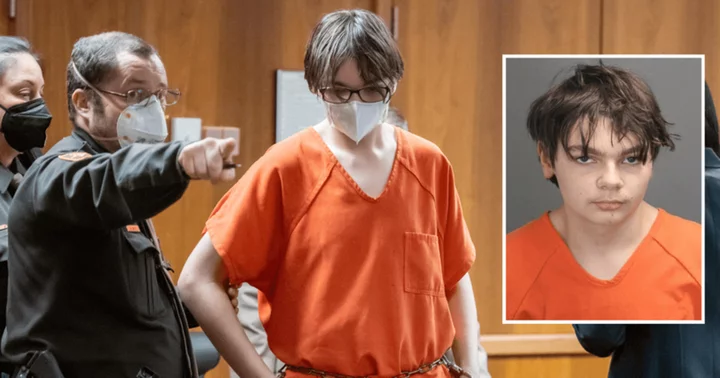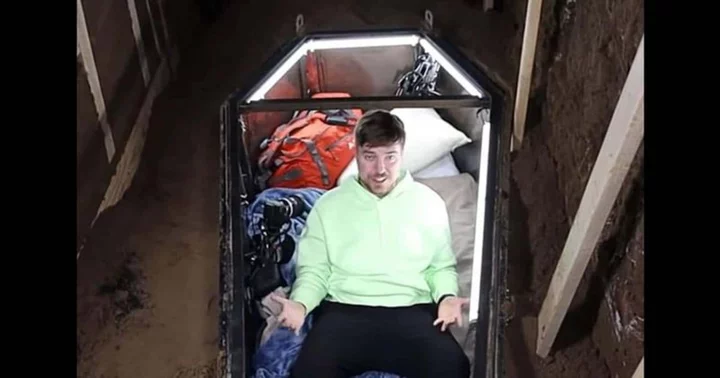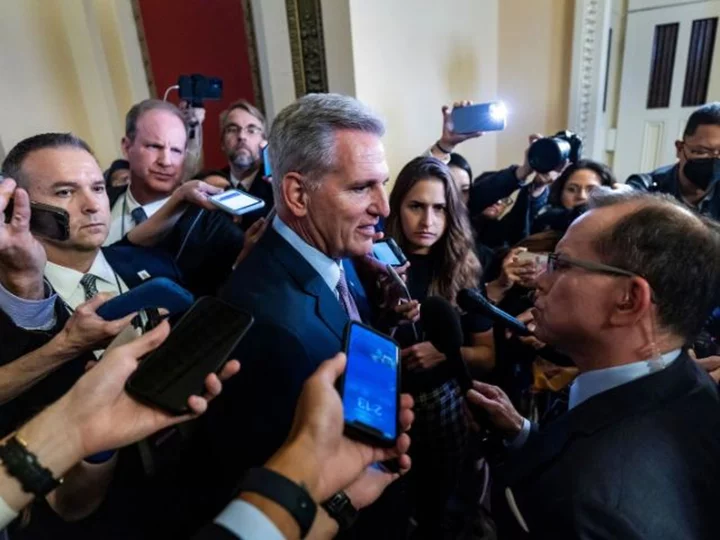PONTIAC, MICHIGAN: The hearing to determine the sentence for Ethan Crumbley, the teenager responsible for the tragic shooting at Oxford High School in Michigan in 2021, has provided chilling insights into the shooter's troubled past and mental state. The court proceedings have been marked by testimony from psychologist Colin King, disturbing videos from Crumbley's time in jail, and the revelation of the shooter's troubled family life.
Psychologist testimony
Psychologist Colin King testified about the deeply troubling circumstances surrounding Ethan Crumbley's upbringing and mental health. King described the teenager as a "feral child," deeply neglected by his parents during crucial formative years, and suffering from major depression, anxiety, and obsessive-compulsive disorder. According to King, Crumbley's abandoned upbringing resulted in what is referred to as "arrested development." He said, "He can be considered a feral child... It is essentially a child who has been abandoned... Someone who is abandoned has what is called arrested development... They lack social cues. They become misfits in society."
King also revealed that Crumbley believed a gun would be found in his backpack on the day of the shooting. The teenager, who was sent to the office for drawing violent images in class, thought that the police would arrest him. However, the backpack was never checked, and the tragic events unfolded as he emerged from a bathroom and started firing. "A number of my clients have had issues with the law... Through psychotherapy and support, they've been able to make progress... Ethan's brain is still maturing," King stated, expressing hope that the shooter could be rehabilitated, NBC News reported.
Disturbing videos from jail
Ethan Crumbley's defense attorneys played deeply disturbing videos from his time in jail during the hearing. The footage depicted the 17-year-old in deep distress as deputies restrained him while he wailed. In one harrowing incident, his head was completely covered with a hood, and he questioned, "Why didn't you stop it? I'm sorry... Stop it, God, why?"
The psychologist's testimony shed light on Crumbley's troubled family life. Crumbley's parents, James and Jennifer Crumbley, are separately charged with involuntary manslaughter for their alleged role in purchasing a gun for their son and neglecting his mental health needs. According to King, the boy's parents frequently left him alone for extended periods, engaged in heated arguments in front of him, and discussed sensitive topics like infidelity, divorce, and suicide without regard for his well-being.
Prosecution's cross-examination
During the cross-examination of King, prosecutors challenged the notion of Crumbley's potential rehabilitation. Assistant prosecutor David Williams questioned King's assessment, asking if all people with depression become mass shooters. Williams emphasized the evidence entered previously, including journal writings and a video made by Crumbley the night before the shooting, where he declared his plan to attack the school.
Williams pointed out that one of the victims, Justin Shilling, was executed in a bathroom, and questioned whether this act was the product of a juvenile brain. King responded, "I do." The prosecutors further highlighted that adults had missed opportunities to help the shooter. However, Williams argued that help was readily available if Crumbley had sought it, as his parents had assured school staff that he would receive counseling within 48 hours after they saw his violent drawings.
Prosecutors last week called four people who witnessed the shooting, including a staff member who was wounded and a student who saved a wounded girl. It was the first time their details were personally aired in court, shedding light on the harrowing experience that unfolded during the tragic event.
Will Ethan Crumbley get the death penalty?
Due to Crumbley's age at the time of the shooting (15), he cannot automatically be given a life sentence. The judge, Kwame Rowe, must consider his maturity, mental health, unstable family life, and other factors set by the US Supreme Court before determining his sentence. Prosecutors are seeking a life prison sentence with no chance for parole, while the defense hopes for a minimum sentence of 25 to 40 years in prison, with eligibility for parole, per NBC News.









